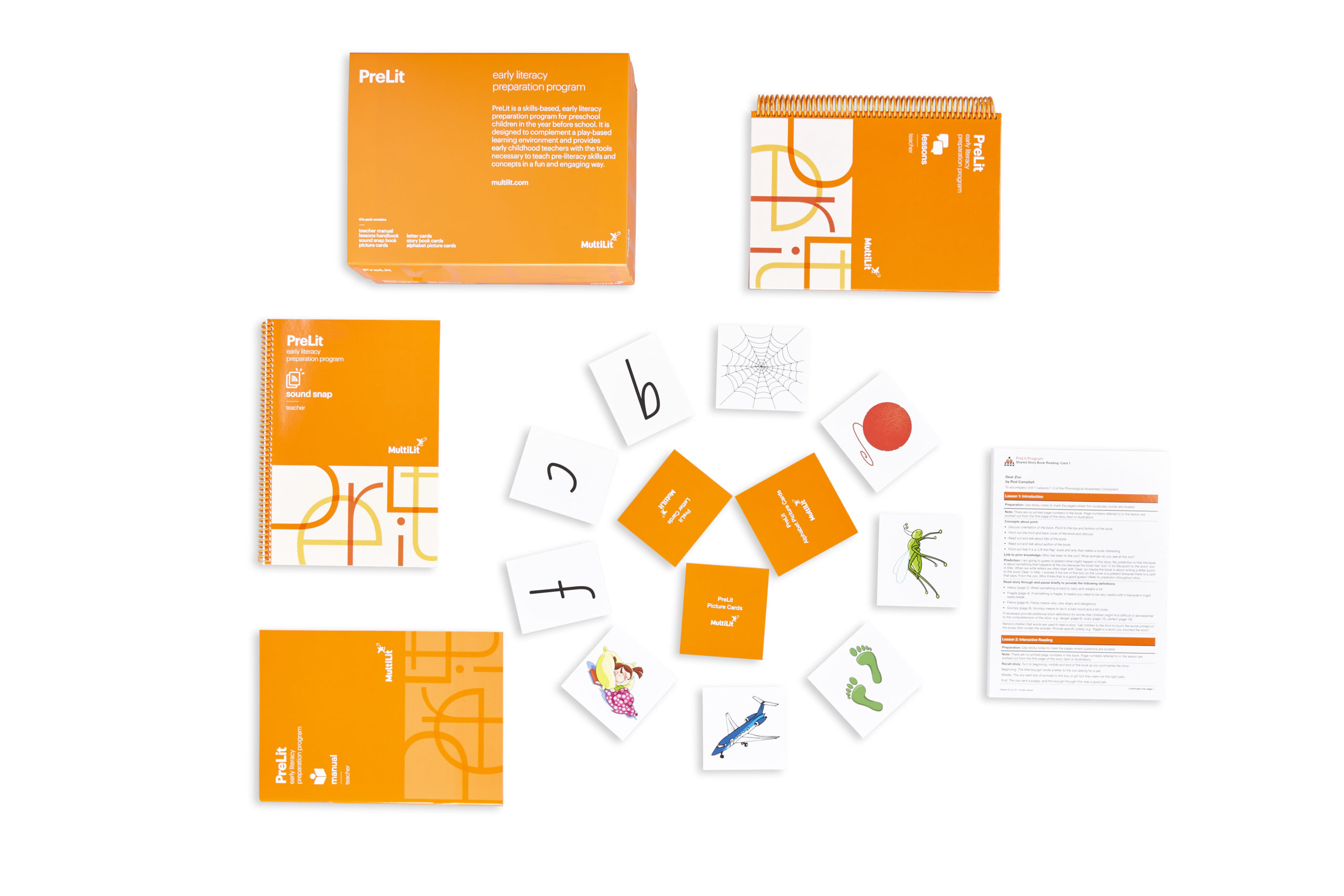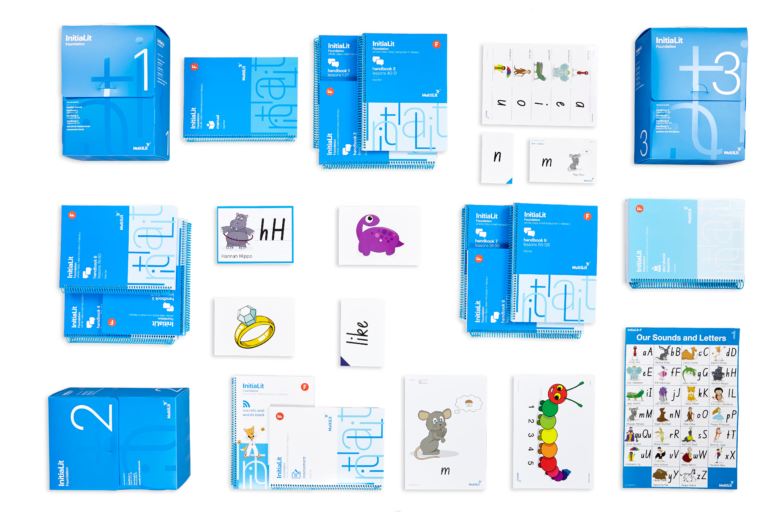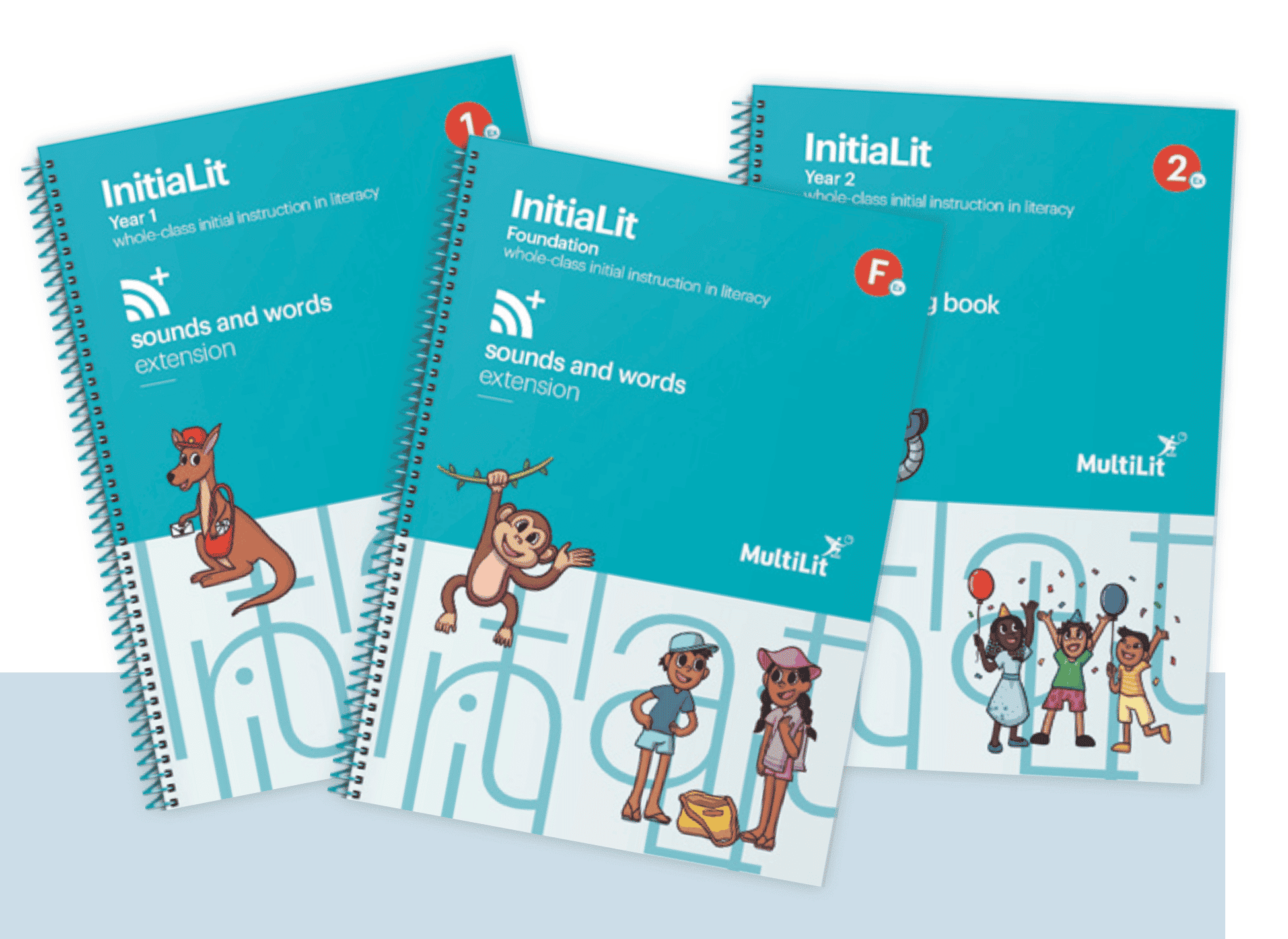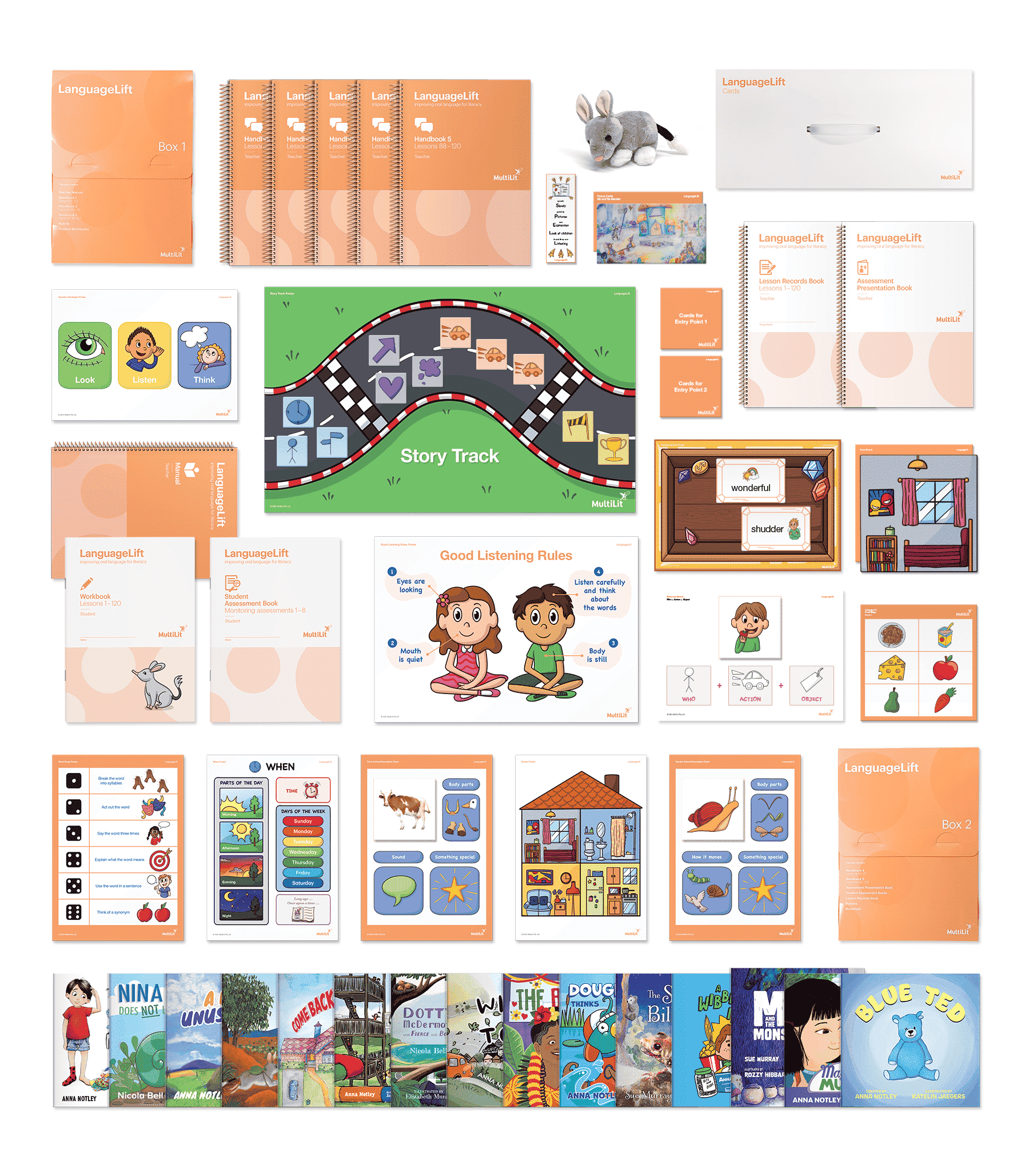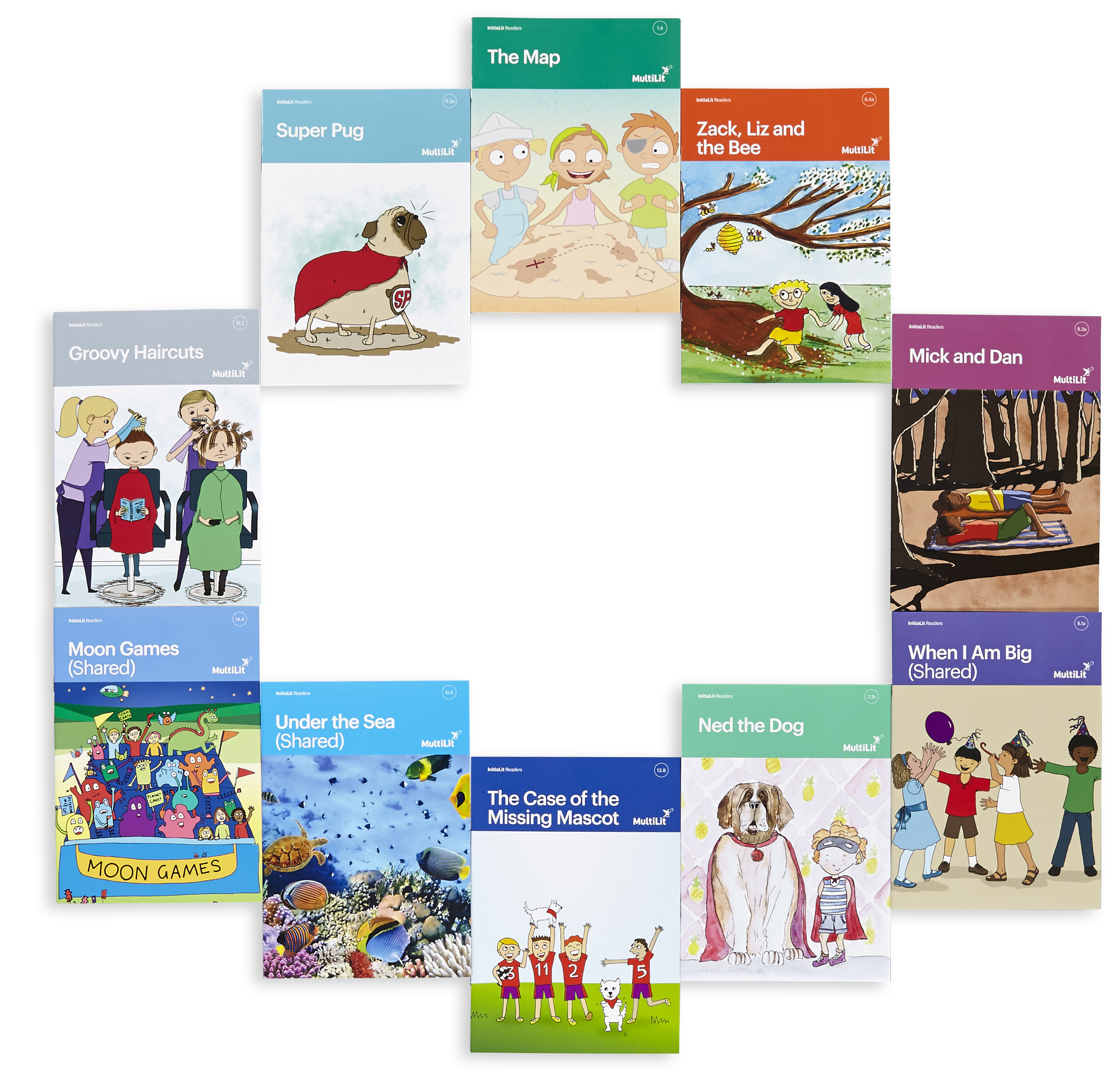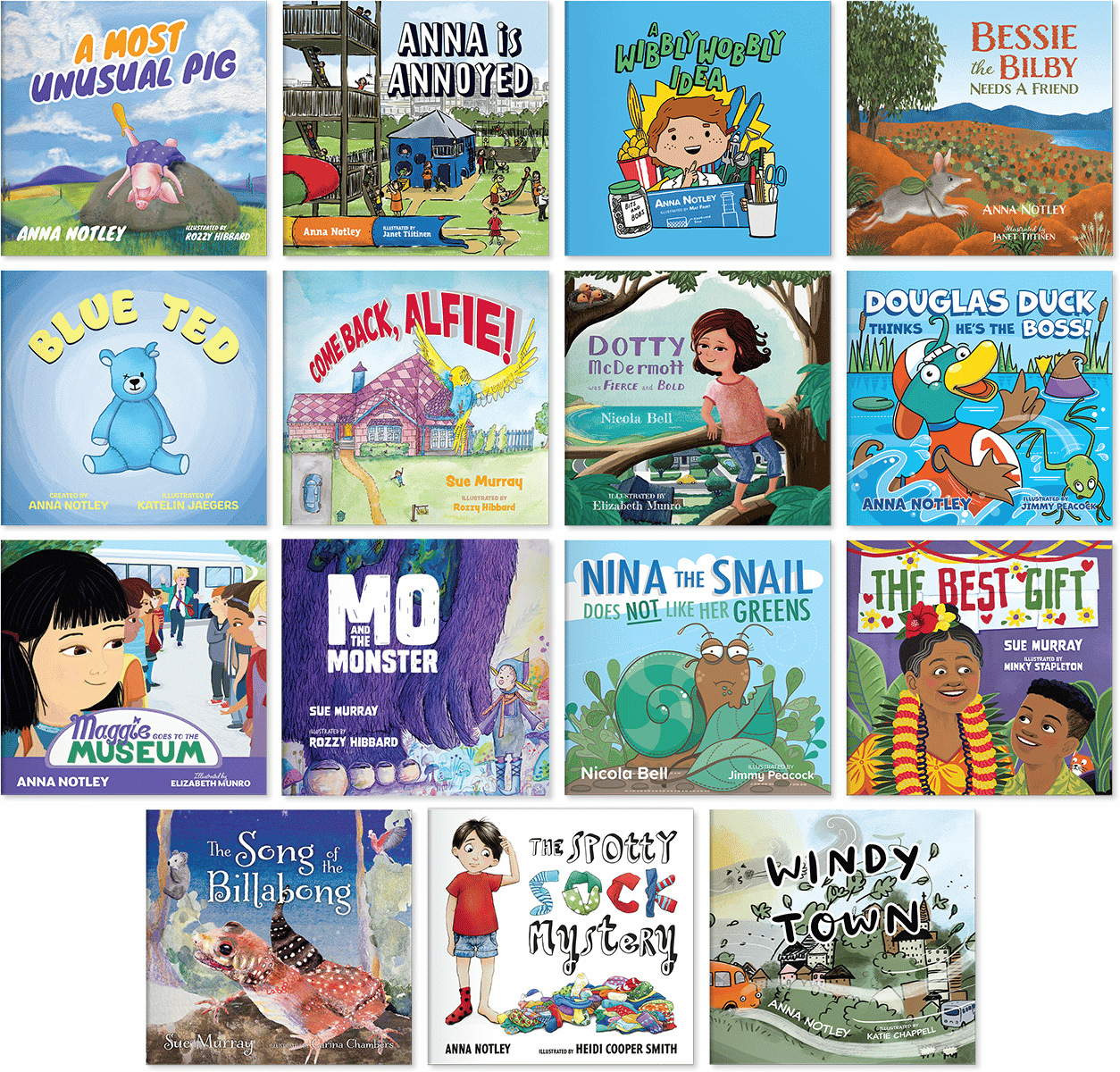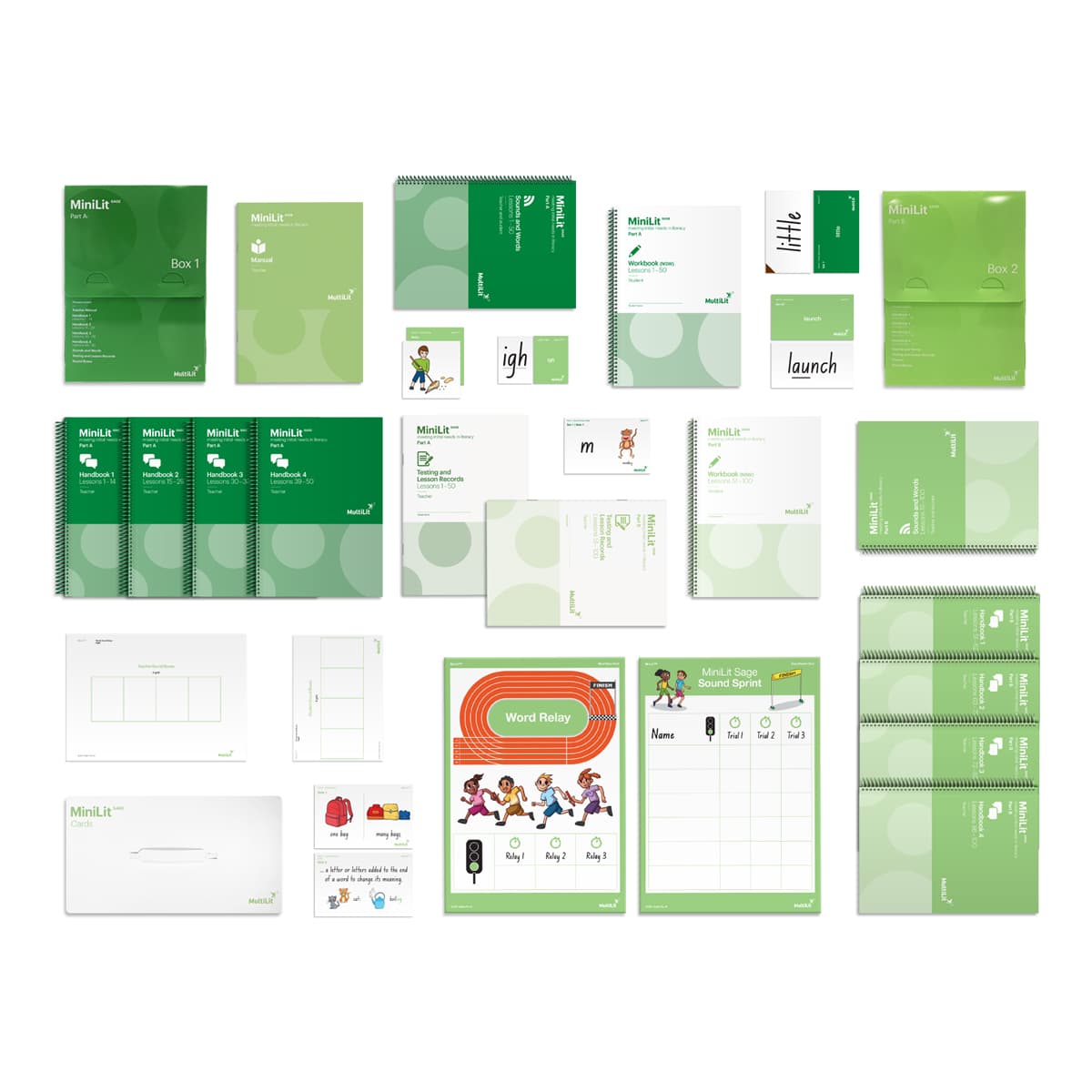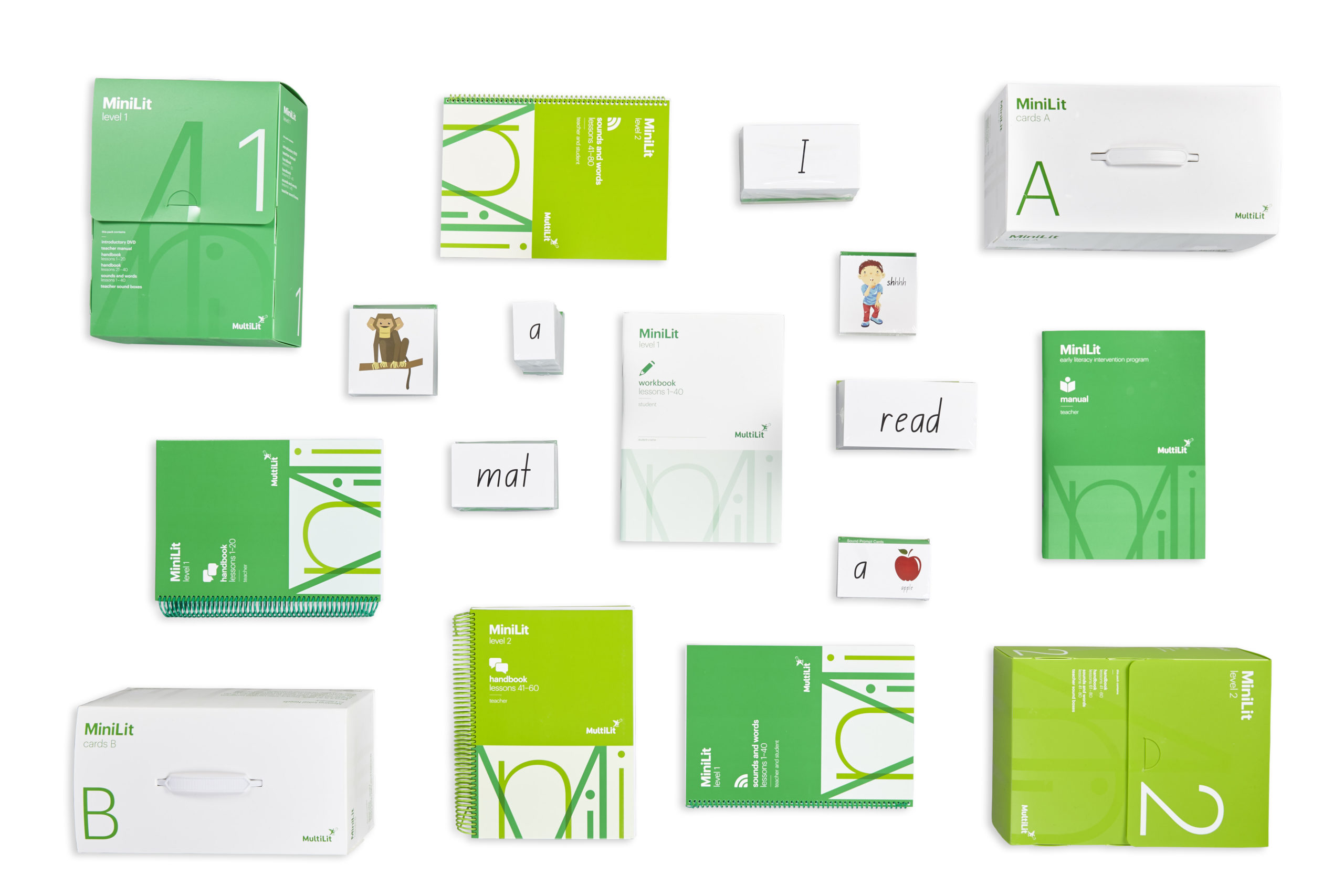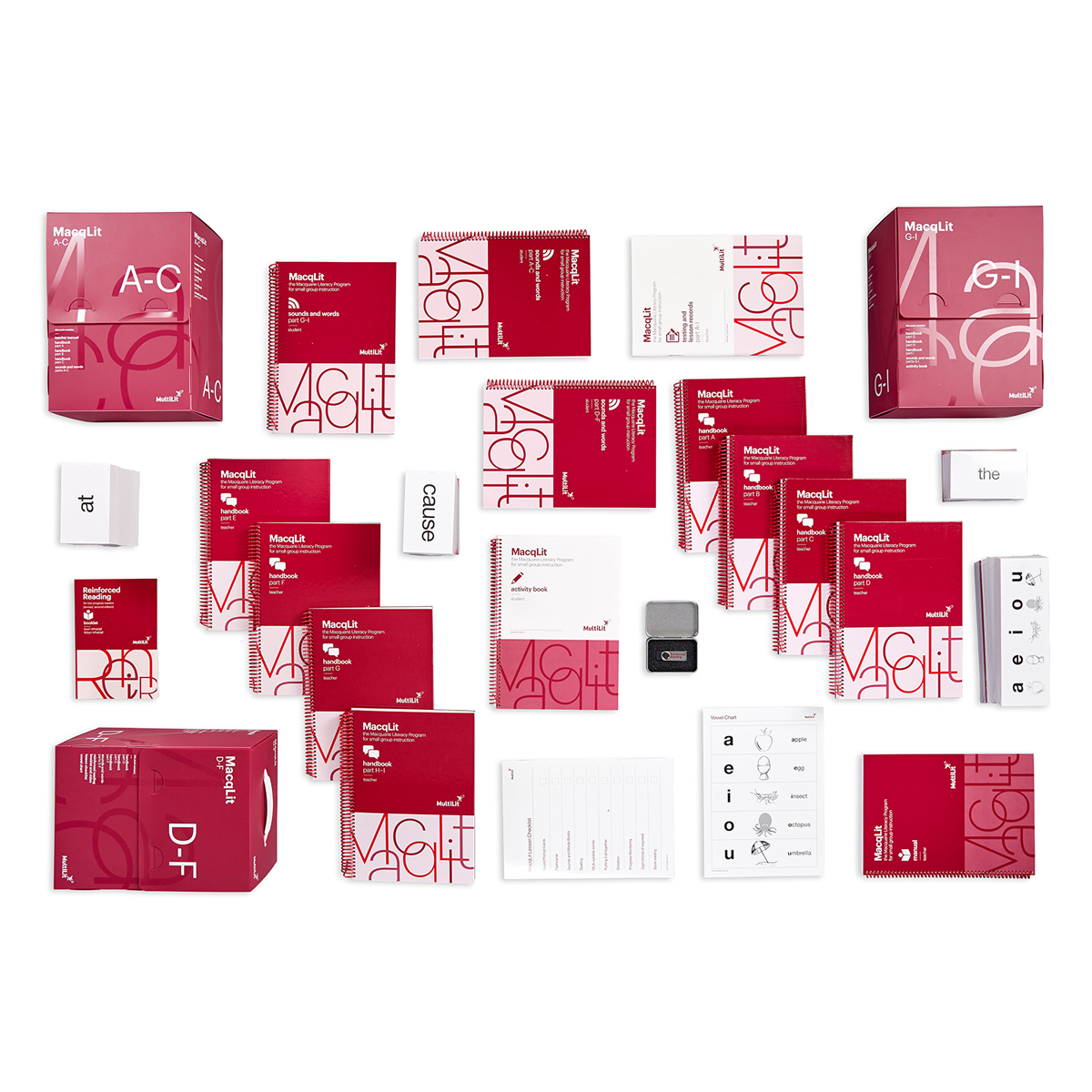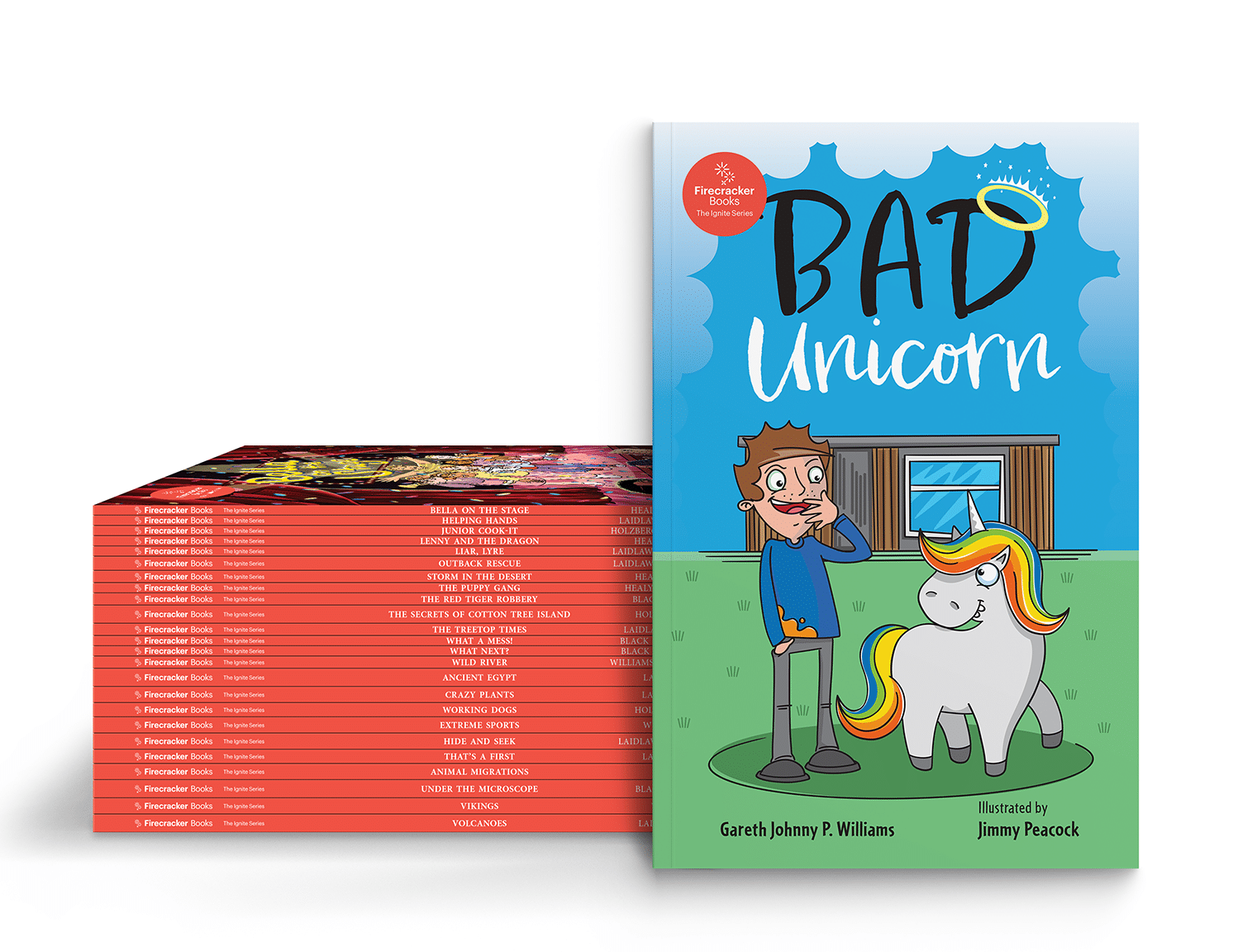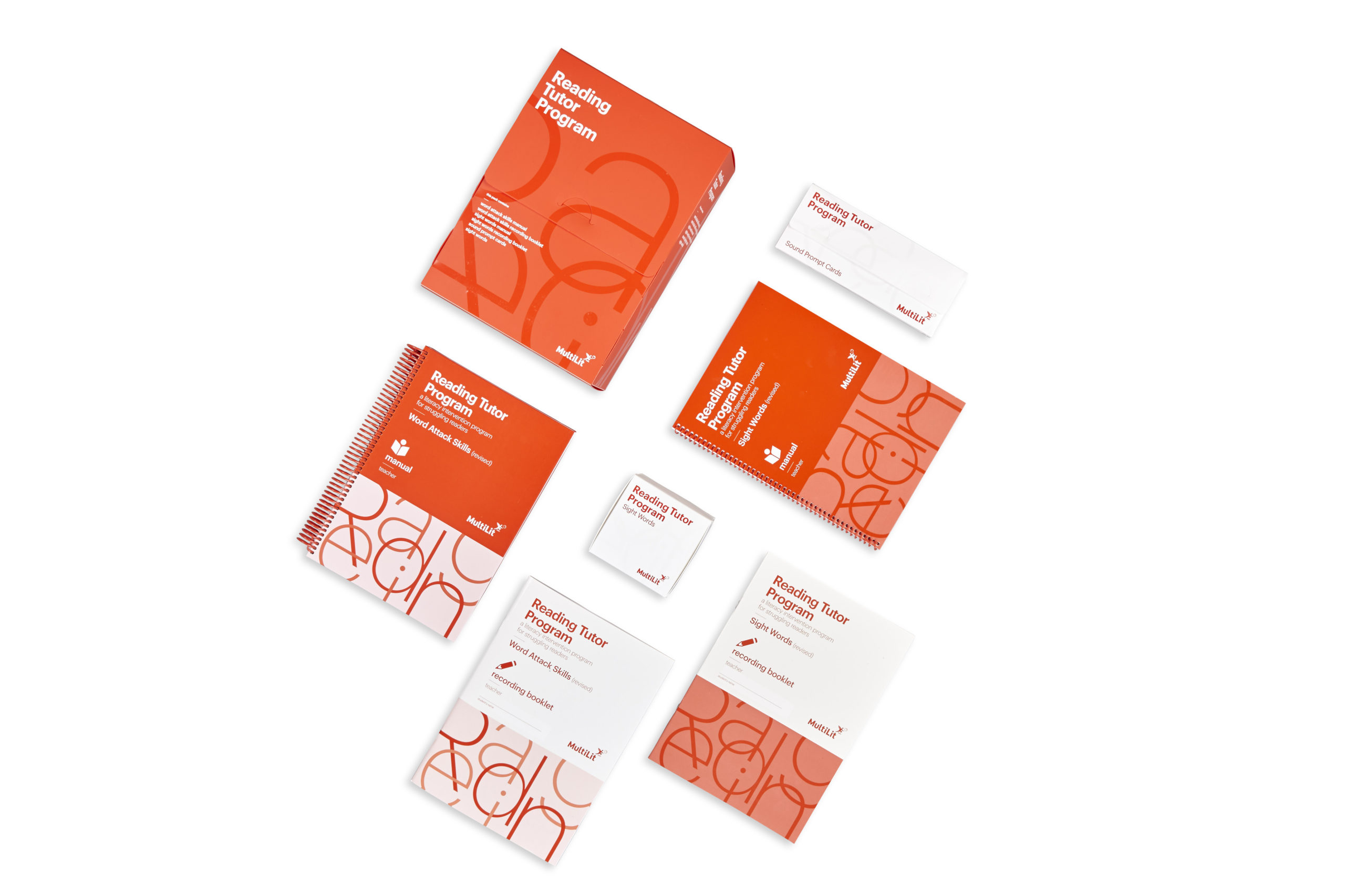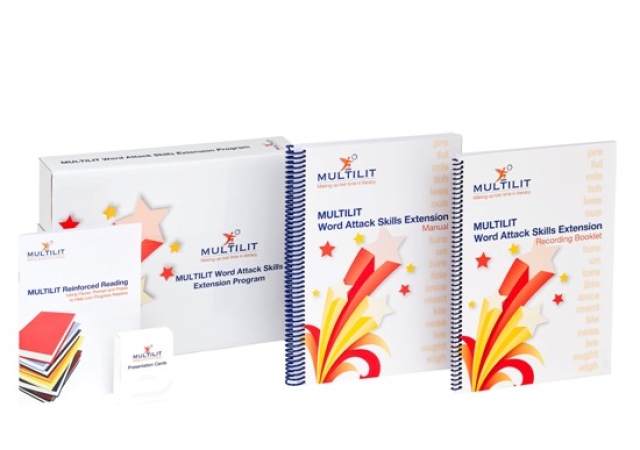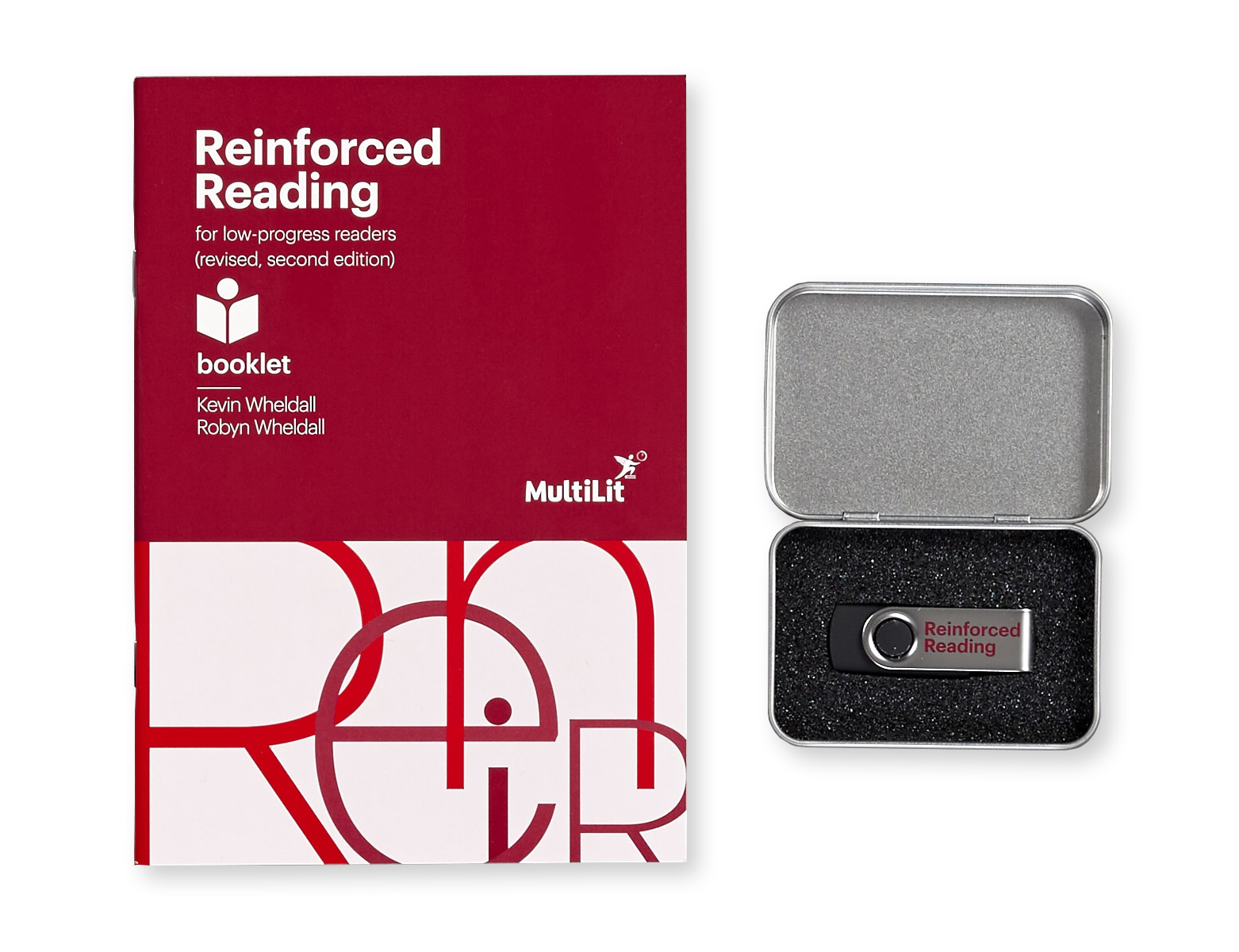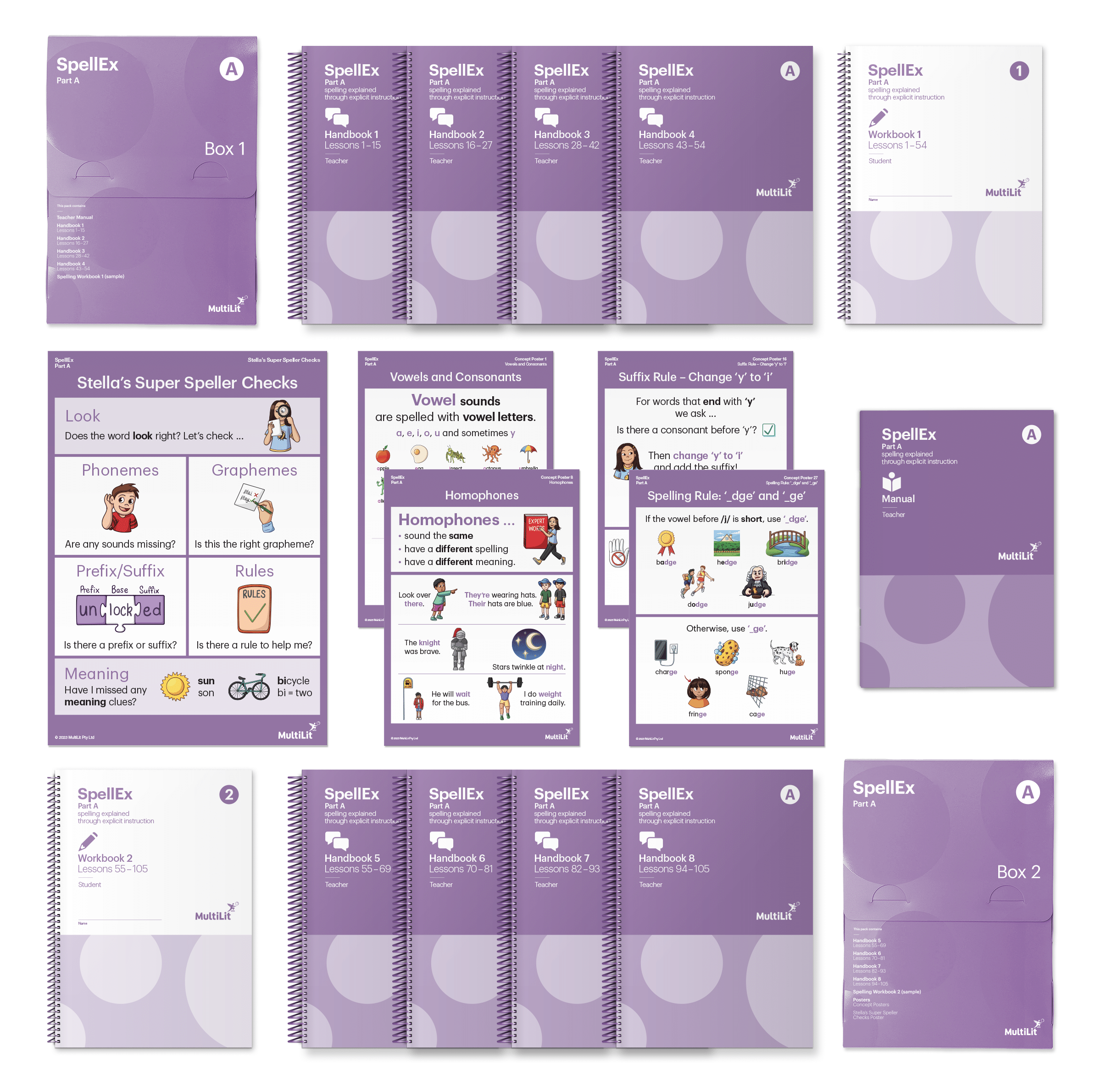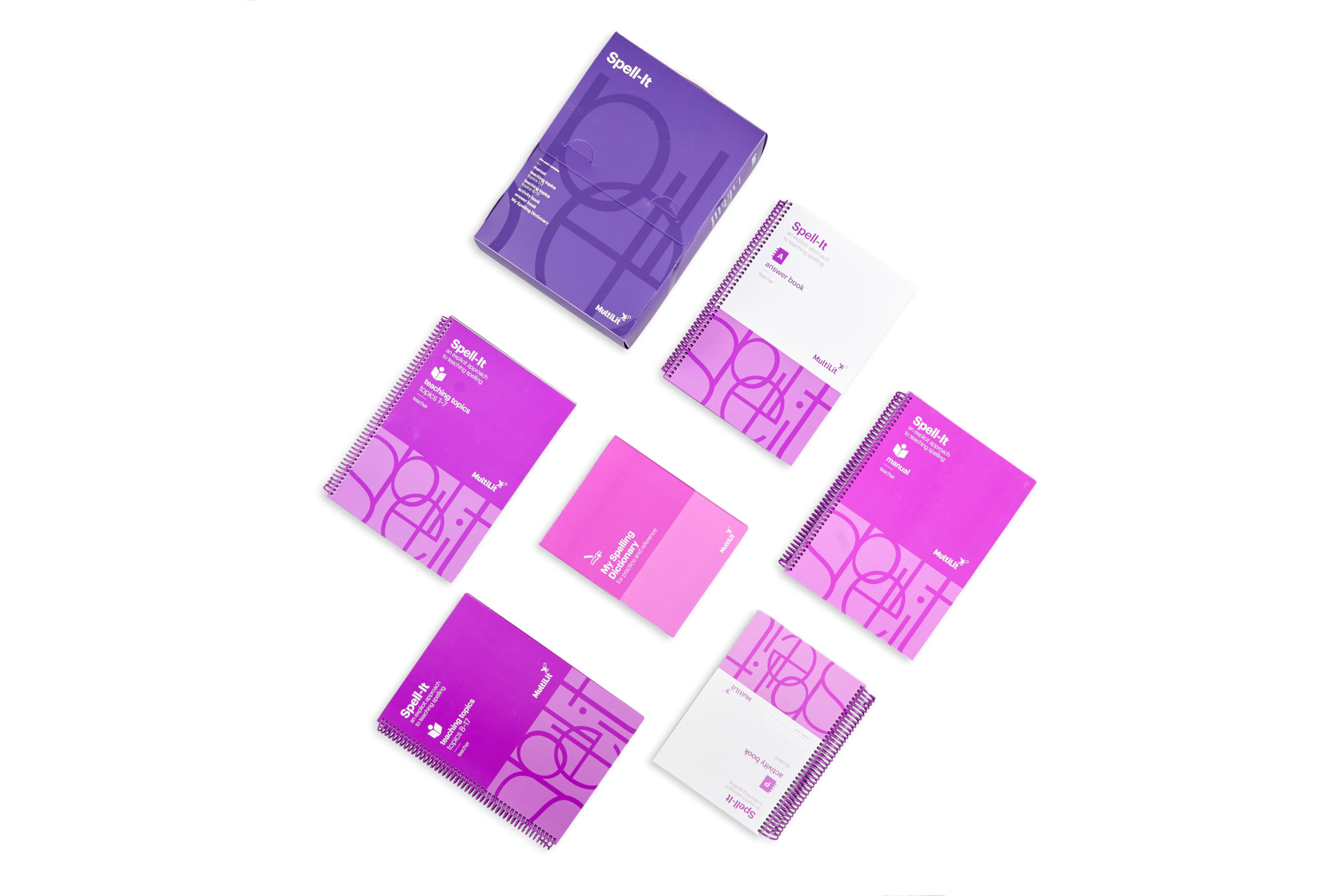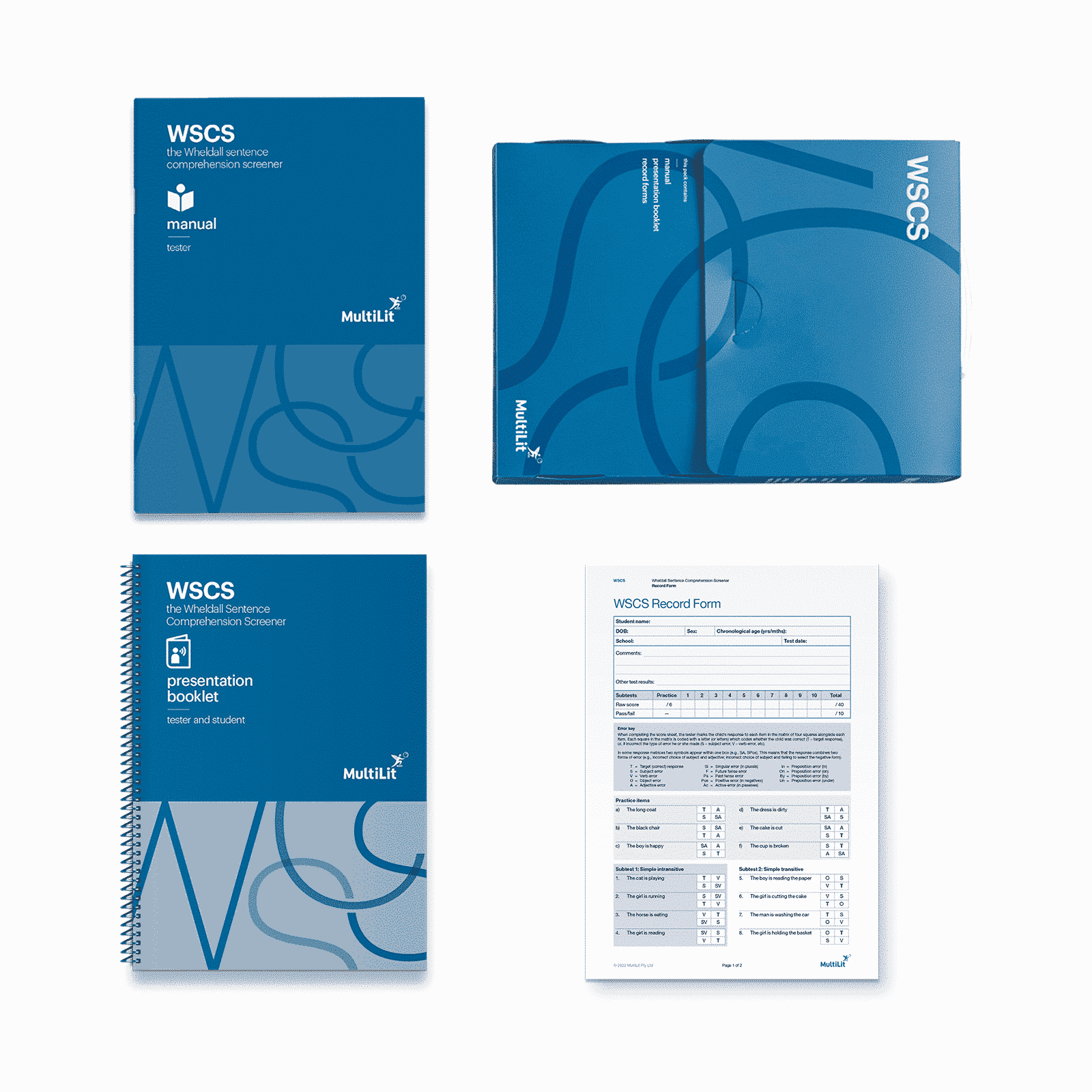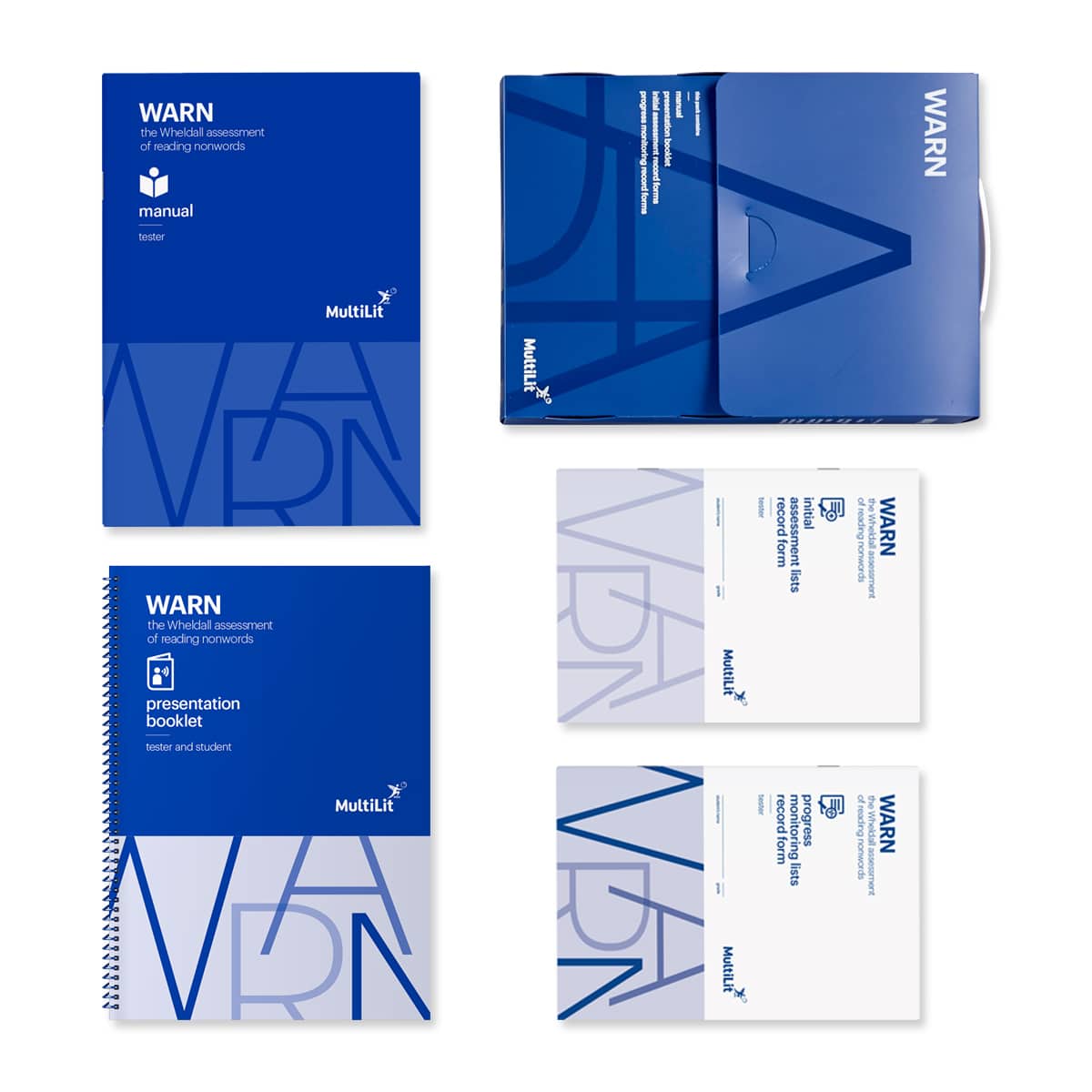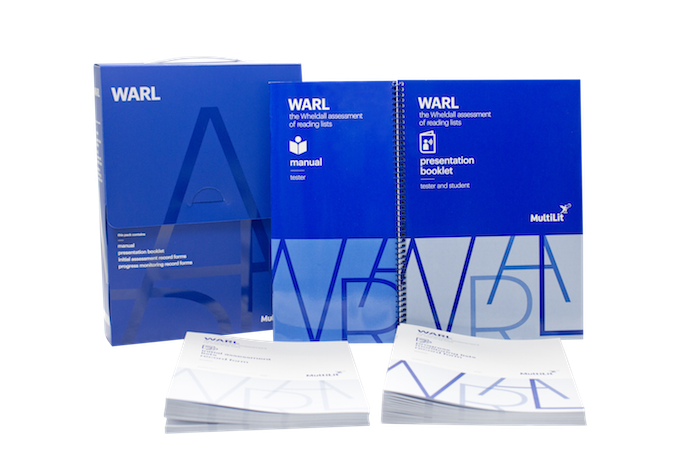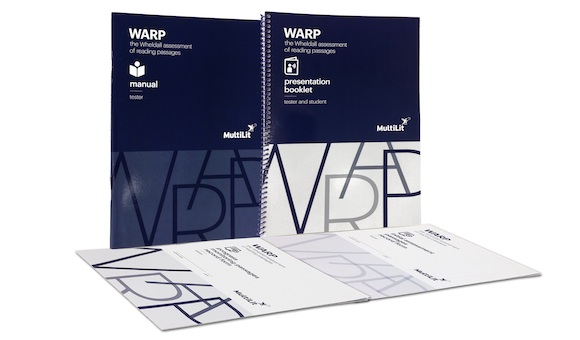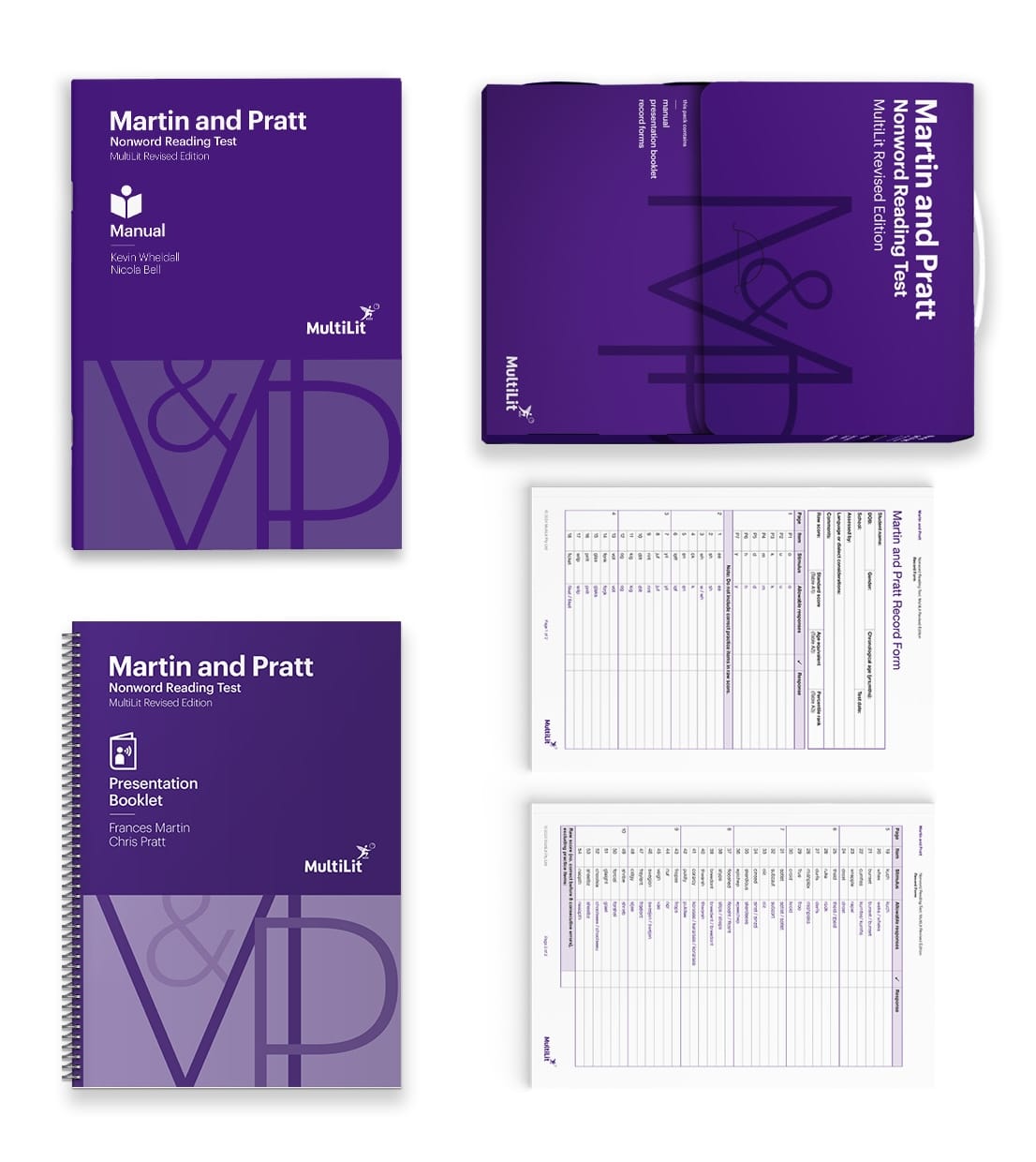Programs & Resources
Effective research-based literacy programs
MultiLit programs reflect a contemporary approach to best practice literacy instruction as identified by international reading scientists. For more information, visit our research section. To see our full range at a glance, download a copy of our 2025 Catalogue.
You can also express your interest in one of the exciting new releases coming up – we will be in touch when these become available.
Program and Resources Overview
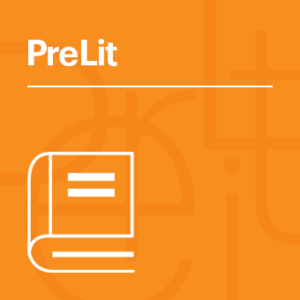
early literacy preparation
Preschool to Foundation
1-on-1, Group, Whole-class
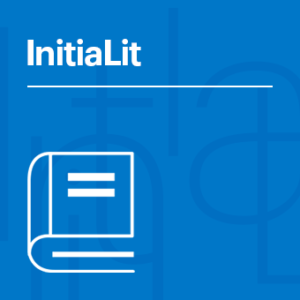
initial instruction
Foundation, Year 1, Year 2
Whole-class
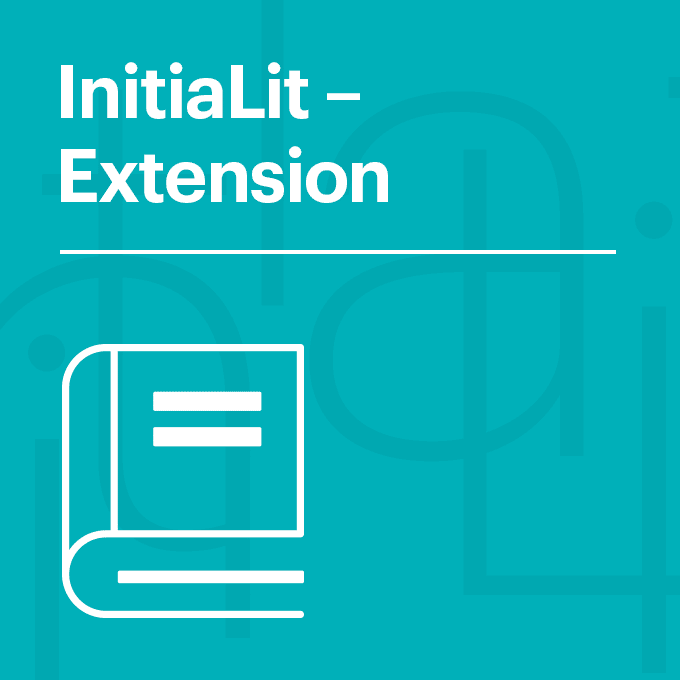
initial instruction
Foundation, Year 1, Year 2
Small group
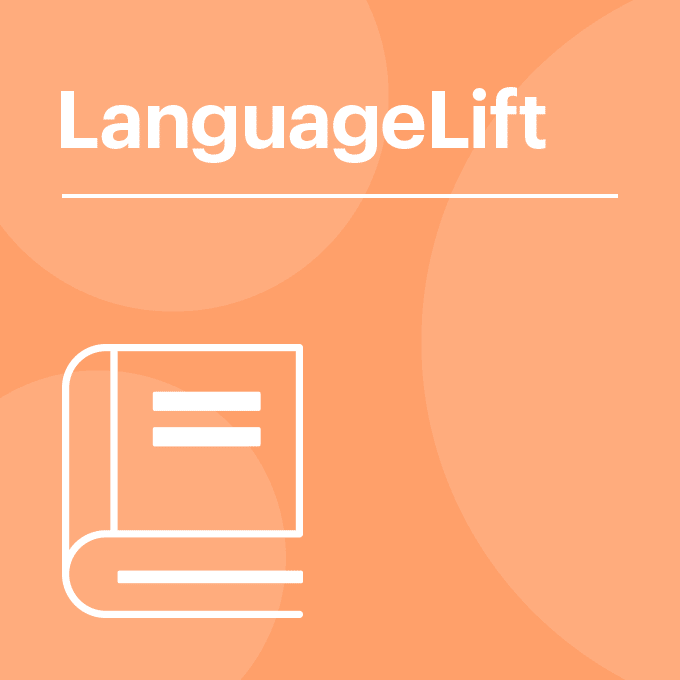
oral language intervention
Foundation to Year 2
Small group
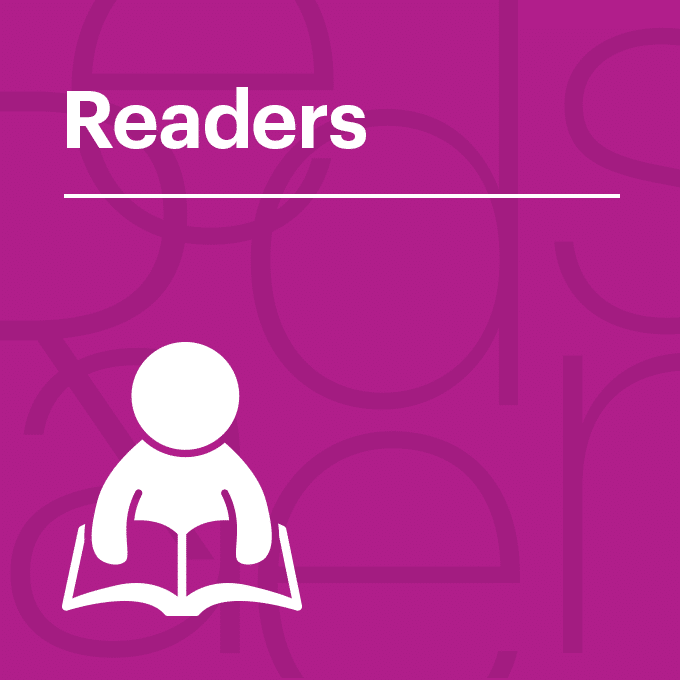
readers
Foundation to Year 2
1-on-1, Small group
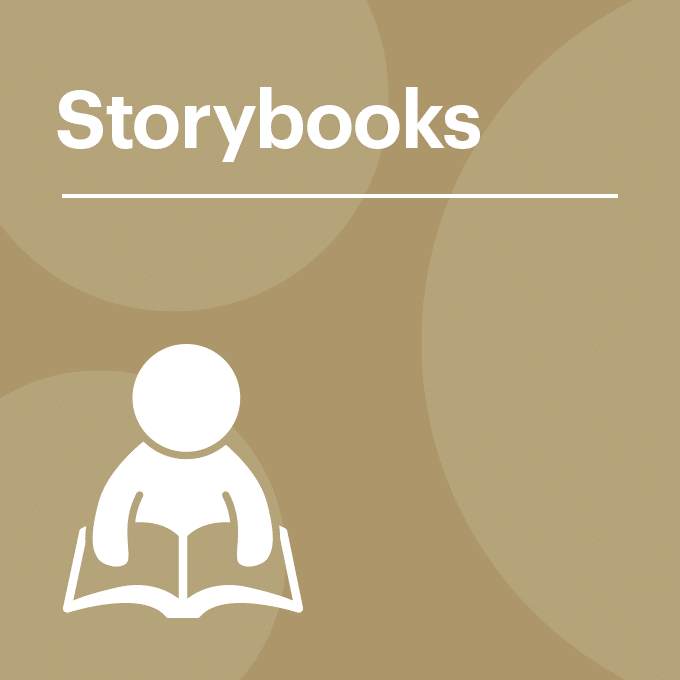
storybooks
Preschool to Year 2
1-on-1, Small group
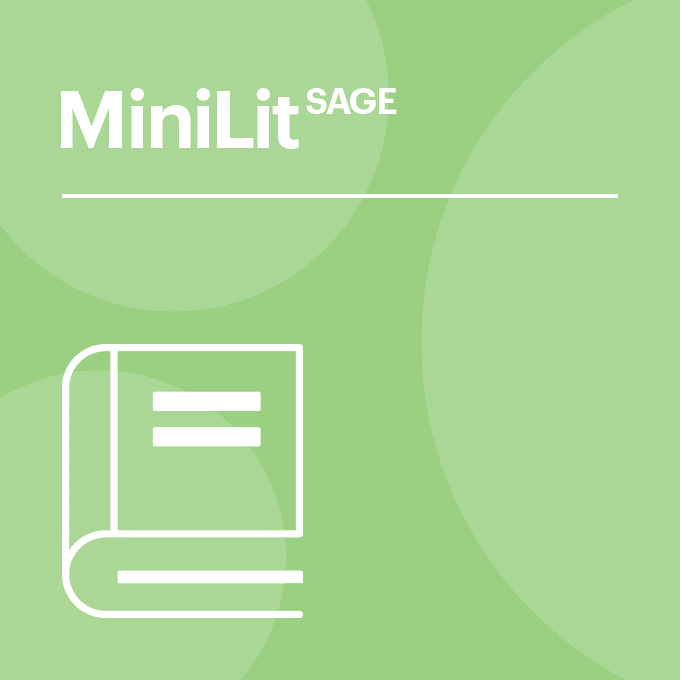
literacy intervention
Year 1 and some pre/post Year 1
Small group
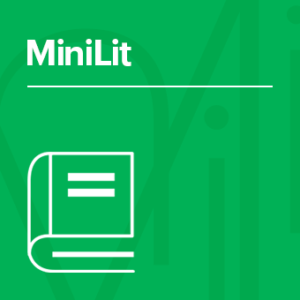
literacy intervention
Year 1 and some pre/post Year 1
Small group
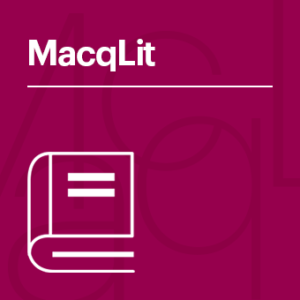
literacy intervention
Year 3 through to Adults
Small group

hi-lo books
Years 4 to 6
1-on-1, small group
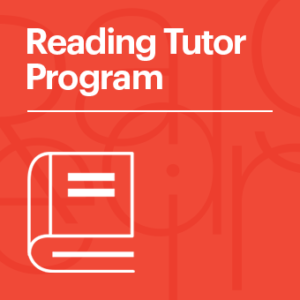
literacy intervention
Year 2 to Adults & EFL/ESL
1-on-1
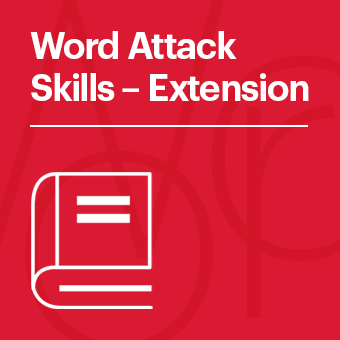
literacy intervention
Year 4 to Adults & EFL/ESL
1-on-1

literacy support
Year 2 to Adults & EFL/ESL
1-on-1
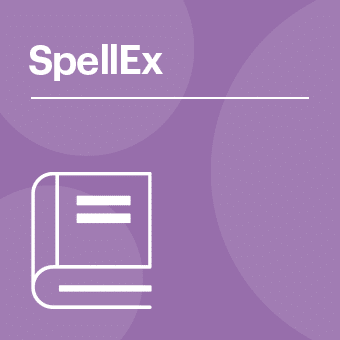
explicit spelling instruction
Year 3 and 4
Whole-class
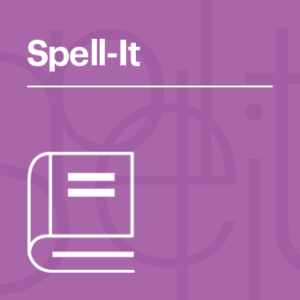
literacy support
Year 5 to Adults
Whole-class, Small group
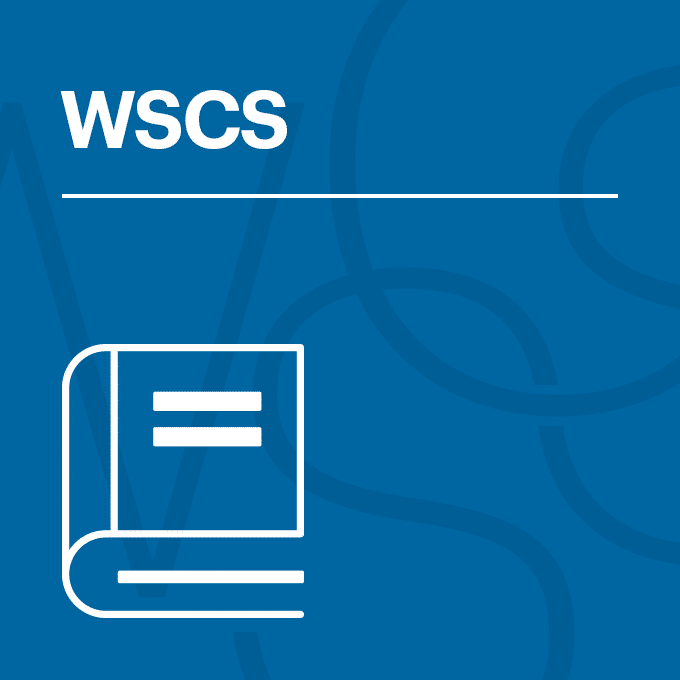
assessment –
comprehension
Foundation
1-on-1
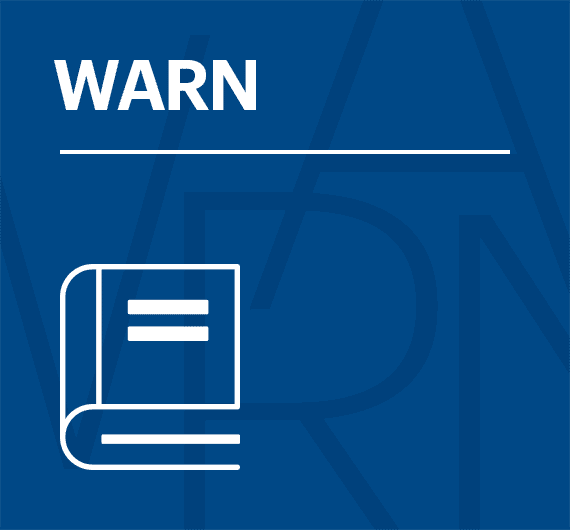
assessment –
nonwords
Foundation to Year 1
1-on-1
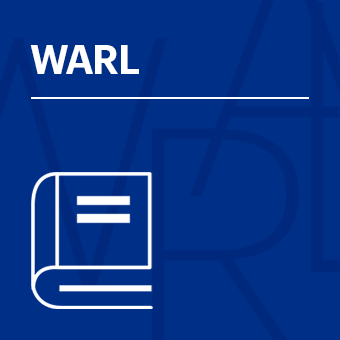
assessment –
lists
Year 1 to Year 2
1-on-1
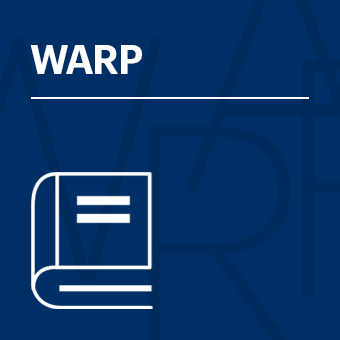
assessment –
passages
Year 2 to Year 5
1-on-1
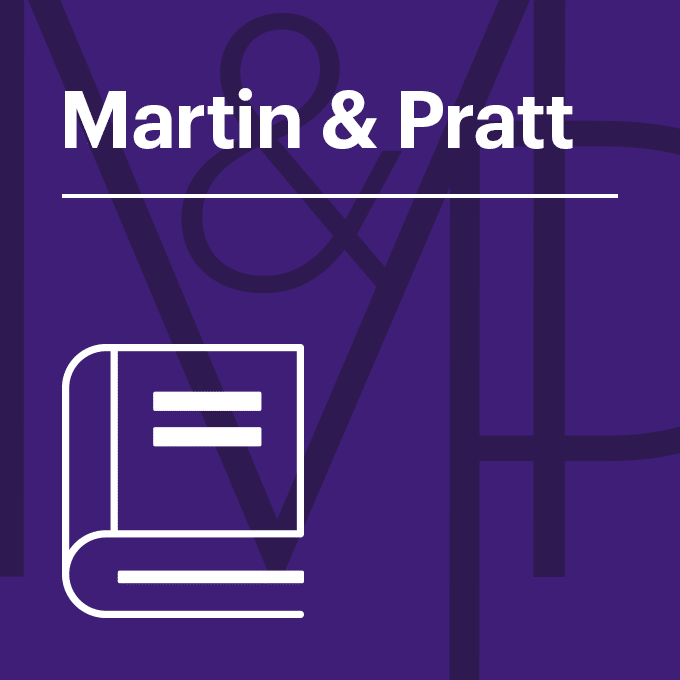
assessment –
nonwords
Ages 6 to 12
1-on-1
Our Programs
PreLit
early literacy preparation
Preschool through to Foundation
PreLit is a systematic, skills-based program that lays a sound foundation for children to learn to read. It provides early childhood teachers with the tools necessary to teach pre-literacy skills and concepts in a fun and engaging way, focusing on phonological awareness and oral language development through structured storybook reading.
InitiaLit
whole-class initial instruction in literacy
Foundation to Year 2
InitiaLit is an evidence-based whole-class literacy program which will provide all children with the essential core knowledge and strong foundations to become successful readers and writers. InitiaLit is a three-year program, covering the first three years of school (typically Foundation to Year 2). InitiaLit–Foundation was released in 2017, InitiaLit–1 in 2018, and InitiaLit–2 in 2019.
InitiaLit Extension
small-group initial instruction in literacy
Foundation to Year 2
LanguageLift
improving oral language for literacy
Foundation to Year 2
Readers
decodable and transitional books for beginning readers
Foundation to Year 2 and older low-progress readers
MultiLit has developed four sets of 60 phonic readers for children who are just learning to read. The decodable InitiaLit Readers were developed to support InitiaLit – a whole-class literacy instruction program for Foundation to Year 2 children. They can also be used alongside MiniLit and MiniLit Sage.
When students have had instruction in the alphabetic code, Mopoke Readers are transitional books to help bridge to natural language texts. Designed for students in Year 2 and above, these books will help students develop reading fluency and apply comprehension strategies.
Storybooks
rich literature to support oral language, vocabulary and comprehension
Preschool to Year 2
Shared reading of storybooks is an integral part of the PreLit and InitiaLit programs, as well as the forthcoming LanguageLift program.
Rich literature introduces children to the joy of reading and storytelling. It also covers a diverse range of topics, exposes children to words and language they might not hear normally in conversation, and teaches children how reading works.
MiniLit Sage – Meeting Initial Needs In Literacy
literacy intervention
Year 1 and some pre/post Year 1
MiniLit Sage is the first major revision of the MiniLit program, originally launched by MultiLit 10 years ago. It is a Tier 2 small group reading program for students in the bottom 25% of the expected range for their age group in Year 1 and 2. The program provides explicit instruction in phonemic awareness, systematic synthetic phonics for reading and spelling, letter formation, and connected text reading.
MiniLit Sage represents the latest scientific research and evidence base on effective reading instruction and intervention. The program has also been revised to align with the scope and sequence of InitiaLit – MultiLit’s whole-class initial literacy instruction program for Foundation to Year 2.
MiniLit – Meeting Initial Needs In Literacy
literacy intervention
Year 1 and some pre/post Year 1
MiniLit is an evidence-based, explicit and effective early literacy intervention program for teaching reading skills to children who are in the bottom 25% of the expected range for their age group in Year 1 or 2. MiniLit is a Tier 2 small group program (up to four students per group) within a Response to Intervention framework, but it can also be used on a one-to-one basis.
MacqLit – the Macquarie Literacy Program for small group instruction
literacy intervention
Year 3 through to Adults
MacqLit is an explicit and systematic reading intervention program for small groups of older low-progress readers. It provides teachers with a comprehensive sequence of lessons that includes all the key components necessary for effective reading instruction: phonemic awareness, phonics, fluency, vocabulary and comprehension.
Firecracker Books
hi-lo books
Years 4 to 6
MultiLit’s new Firecracker Books aim to spark the interest of older students in reading by providing engaging and accessible books at an appropriate level of difficulty. The Ignite Series of Firecracker Books includes 25 high-interest chapter books with a lower reading level. This first series includes 15 fiction and 10 non-fiction titles.
Firecracker Books are versatile and suitable for independent or teacher-led reading sessions, home reading and as a compatible supplementary resource for MacqLit, the Reading Tutor Program, Word Attack Skills – Extension or other literacy intervention programs.
Reading Tutor Program
literacy intervention
Year 2 through to Adults and EFL/ESL
The MultiLit Reading Tutor Program (RTP) caters for students who have not acquired the basic skills needed to become functional readers. Children who have failed to learn to read in the first few years of schooling need intensive, systematic reading instruction if they are not to fall further behind, or even become complete non-readers. The RTP reflects a contemporary approach to best practice literacy instruction as identified by international reading scientists and as reflected by the reports of the US National Reading Panel (2000), the (Australian) National Inquiry into the Teaching of Literacy (2005), and the (UK) Rose Report (2006).
Word Attack Skills – Extension
literacy intervention
Year 4 through to Adults and EFL/ESL
After completing the Word Attack Skills component in the MultiLit Reading Tutor Program, many students are able to generalise the strategies they have learnt to all text. However, in some cases, students do need further assistance to continue to make progress. The one-to-one Word Attack Skills – Extension (WASX) program teaches strategies to help struggling readers tackle multi-syllable words with confidence.
Reinforced Reading
literacy support
Year 2 through to Adults and EFL/ESL
One of the single most important things we can do to help low-progress readers is to hear them read every day, for a little as 15-20 minutes, using a set of tutoring strategies known as Reinforced Reading. Reinforced Reading is predicated on the set of tutoring strategies for use with low-progress readers known as Pause, Prompt and Praise (PPP), a technique used and researched extensively since the early 1980s, and has been revised in the light of current research and the findings of the National Inquiry into the Teaching of Literacy. Our research has repeatedly shown that most low-progress readers can make major gains when this essentially very simple procedure is employed properly on a regular basis.
SpellEx
spelling explained through explicit instruction
Year 3 and 4
Ensure your students become excellent spellers by giving them a solid understanding of the English spelling system, using SpellEx, MultiLit’s comprehensive whole-class spelling program.
By growing and consolidating their phonological, orthographic and morphological knowledge, SpellEx helps students make the right decisions when spelling words. This will benefit their writing in all curriculum areas.
Spell-It
an explicit approach to teaching spelling
Year 5 through to Adults
Spell-It is a flexible resource that assists teachers to plan and implement spelling instruction based on assessment of students’ current knowledge. Spell-It teaches the rules, conventions, structure and logic of the English language, to enable teachers to plan effective spelling lessons based on the needs of their students. Originally written by Joy Allcock from New Zealand, Spell-It has been adapted for use in Australian schools.
WSCS (Wheldall Sentence Comprehension Screener)
assessment and monitoring
for students entering Foundation year of school
WARN (Wheldall Assessment of Reading Nonwords)
assessment and monitoring
Reading age between Foundation and Year 1
The WARN is a quick, simple assessment of young children’s ability to decode nonwords.
It is a phonological recoding fluency measure which may be particularly useful for monitoring the reading progress of Foundation and Year 1 children. The assessment takes just 30 seconds per student to administer, using a simple 50-word list.
WARL (Wheldall Assessment of Reading Lists)
assessment and monitoring
Reading age between Year 1 and Year 2
Reading fluency is a powerful predictor of overall reading progress. The Wheldall Assessment of Reading Lists (WARL) is a quick and simple measure of reading performance, designed to identify younger low-progress readers and for monitoring reading progress.
WARP (Wheldall Assessment of Reading Passages)
assessment and monitoring
Reading age between Year 2 and Year 5
The WARP (Wheldall Assessment of Reading Passages) is a quick and simple measure of reading performance for identifying low-progress readers and for monitoring reading progress. It is primarily designed for those who are working with students reading at a Year 2 to Year 5 level. Students read for just one minute from purpose written 200-word passages. The WARP is used both for screening and measuring students’ ongoing progress and provides an early-warning signal identifying those students who may require additional intervention. It is suitable for use by classroom teachers, learning support teachers and other school personnel.
Martin and Pratt Nonword Reading Test
assessment and monitoring
Reading age between ages 6 and 12
The Martin and Pratt Nonword Reading Test has established a sound reputation as a measure of phonological recoding: the ability to sound out regular words from their letter-sound correspondences. The MultiLit Revised Edition includes updated norms on typical performance levels for primary school aged 6 to 12. The assessment has been developed for use by teachers, special educators, psychologists and speech pathologists.
